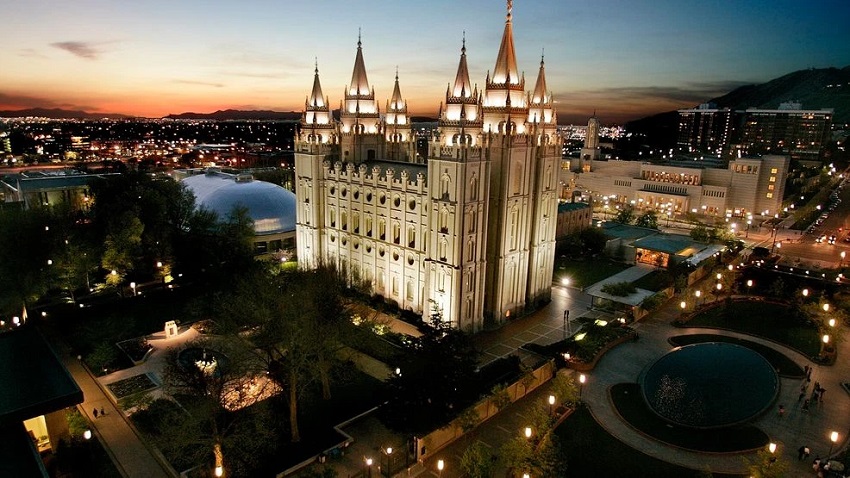SALT LAKE CITY, UTAH — A federal judge has dismissed a lawsuit that accused The Church of Jesus Christ of Latter-day Saints of misusing hundreds of thousands of dollars in donations by investing them, rather than using the funds for charitable purposes. The lawsuit, filed in October 2023 by a group of donors, alleged that the church violated the trust of its members by funneling their tithing contributions into investments instead of directly supporting the church’s religious missions.
U.S. District Judge Robert Shelby ruled that the lawsuit was filed too late, as it exceeded the three-year statute of limitations for fraud claims in Utah. Additionally, the judge stated that the plaintiffs failed to present sufficient evidence to prove any fraudulent activity had occurred.
The legal action had placed the church’s financial practices under intense scrutiny, particularly its handling of tithing donations, which church members contribute at a rate of 10% of their income. These contributions are considered an important expression of faith, with the church maintaining that they are used to support various religious activities, including missionary work, education, humanitarian aid, and the construction of churches and temples.
Church spokesperson Sam Penrod responded to the court’s decision, reaffirming the church’s commitment to responsible financial management. “Tithing donations are an expression of faith that allow us to fulfill our mission,” Penrod said in a statement. “The legal claims brought against the Church were rightfully dismissed by the court.”
The plaintiffs’ attorneys, however, expressed disappointment over the ruling, arguing that church members have the right to know how their donations are being used. Christopher Seeger, who represents the plaintiffs, stated that the dismissal would hinder church members’ ability to understand how their contributions are being allocated. “For decades, members of The Church of Jesus Christ of Latter-day Saints have contributed 10% of their hard-earned income as tithes, and they have the right to know how these donations are being used,” Seeger said.
The case drew attention to the church’s financial entities, particularly Ensign Peak Advisors, a nonprofit investment firm that manages over $100 billion in assets. The lawsuit alleged that the church had permanently invested donations in accounts that were never used for charitable work. These allegations were bolstered by a 2019 memorandum from David Nielsen, a former Ensign Peak investment manager, who claimed that the church had concealed the true extent of its investment activities. Nielsen’s whistleblower report, made public by media outlets, became a central element in the legal action.
This case is not the first to challenge the financial transparency of the LDS Church. A similar lawsuit was filed in California in 2021 by James Huntsman, the brother of former Utah Governor Jon Huntsman Jr., who sought to reclaim $5 million in donations he made before leaving the church. In January 2023, the 9th U.S. Circuit Court of Appeals upheld a lower court’s ruling dismissing that case, siding with the church.
The church’s financial practices were also scrutinized by the U.S. Securities and Exchange Commission (SEC) in 2023. The SEC fined both the church and Ensign Peak Advisors $5 million for using shell companies to obscure the size of its investment portfolio. The church agreed to pay $1 million, while Ensign Peak paid $4 million.
Despite these legal challenges, the church has consistently defended its handling of donations, asserting that the funds are managed prudently and in alignment with religious principles. The church argues that contributions to its humanitarian efforts and building projects are equally important as its investments and long-term financial planning.
In its defense, the church points out that Ensign Peak Advisors has only spent significant amounts of its funds twice in its 26-year history. Notably, the nonprofit invested $600 million in 2009 to rescue a failing church-owned life insurance company and $1.4 billion in 2010 to help finance a controversial shopping mall near Salt Lake City’s Temple Square.
The dismissal of this case adds to the growing debate about financial transparency within religious organizations, particularly those with extensive resources like the LDS Church. While the court’s decision has cleared the church of any wrongdoing in this instance, the broader questions about accountability and the use of donated funds remain an ongoing topic of discussion.

